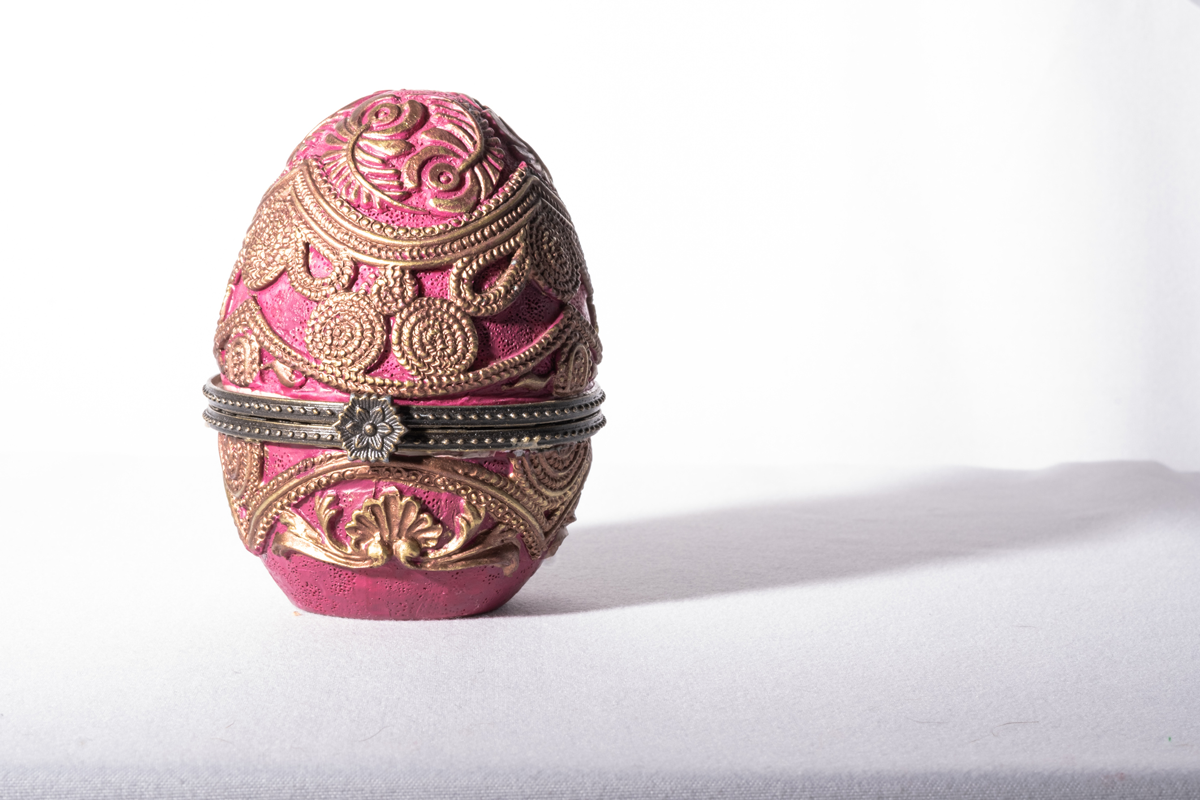Can you talk a bit about the recurrence of twin pregnancies? I kind of understand that some twin pregnancies may mean that there are some irregularities to how a woman releases eggs, whereas identical twins may just be more of a pure miracle that the embryo split early on in development. What does research say regarding recurring twin pregnancies when the parents remain the same?
—A mama who wants to expand her family but is terrified!
Interesting question!
One obvious way to look at this question would be to see if people who have twins are more likely to have twins again. This data has a complicated issue, though, because multiple gestations are more common in assisted reproduction (with the use of Clomid or IVF, especially in early iterations). Since people tend to use these technologies for all of their pregnancies, it would not be surprising if you saw a correlation.
A related issue: as people get older, the chance of twins goes up (since you’re more likely to release more eggs at the same time). Since older age at one pregnancy means older age at a subsequent pregnancy, you’ll find a correlation there too.
What you are asking about is spontaneous twinning within a person. That is, you had twins once. The spontaneous risk of a twin pregnancy is about 1 in 250; is your risk now higher?
Yes, if the twins are fraternal. With identical twins, this is — as you note — pretty much just a chance occurrence, and the probability of another set of twins is not elevated. However, there is a strong genetic component to the process that results in fraternal twins. If you’ve had a set of twins before, your likelihood is higher: numbers vary, but it’s perhaps 10 times higher than baseline, or about 1 in 20. As a note, if there are twins in the maternal line, that also increases the chances, given the genetics.
This certainly doesn’t mean you are guaranteed to get another set of twins, and the vast majority of the time you will not — even 1 in 20 is only 5% — but the elevated probability is there.
Community Guidelines
















Log in